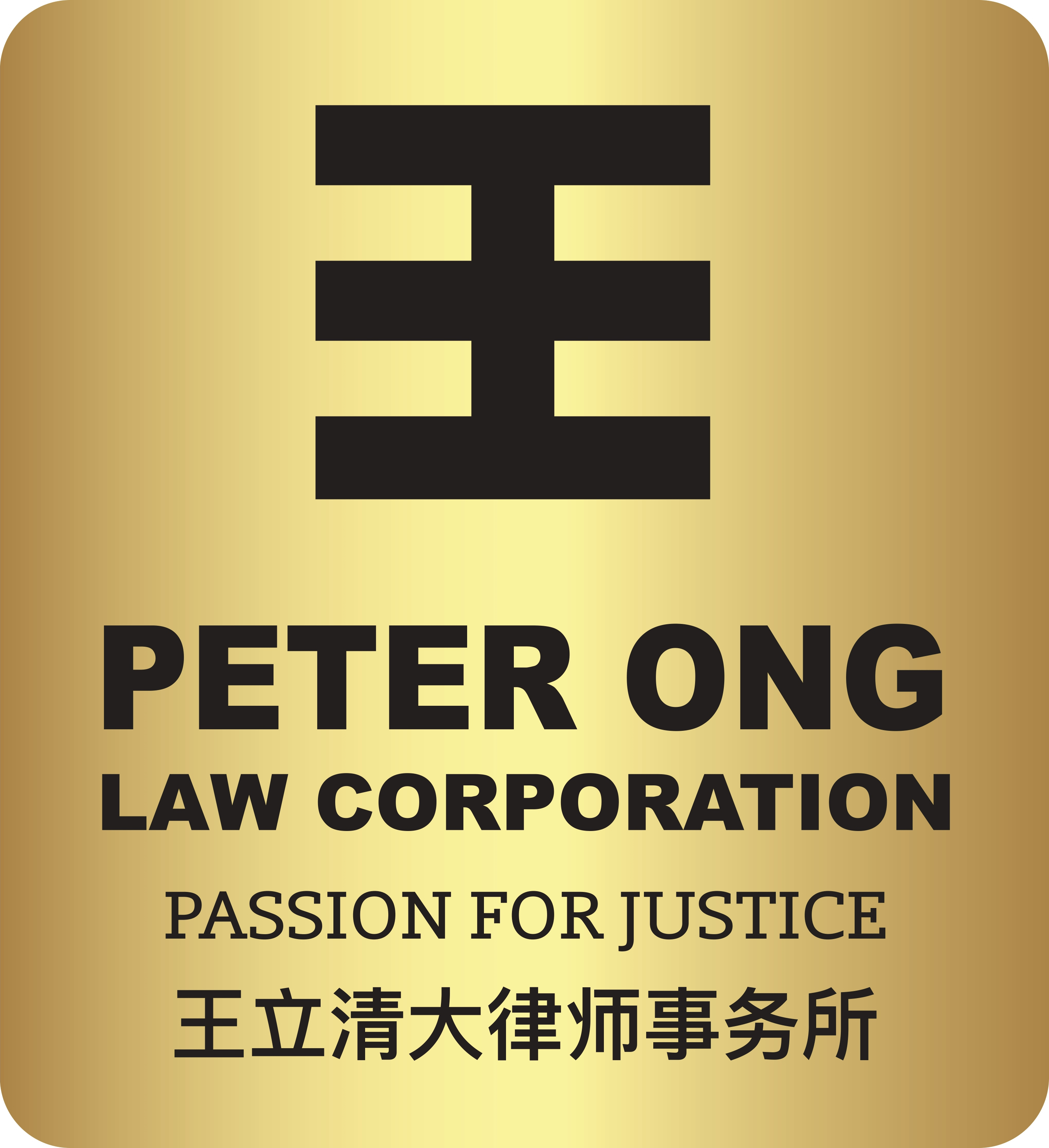Defamation in Singapore
By Peter Ong Lip Cheng
As the trial of Johnny Depp[1] and his former spouse, Amber Heard, closes, the topic of defamation has resurfaced to be the talk of the town. Watching the cross examinations of the witnesses in the Johnny Depp trial is entertaining, but also a reminder that anything said or published without factual basis could bear serious legal consequences, especially when the alleged party is a prominent figure.
Defamation of Singapore
Singaporeans are no stranger when it comes to defamation suits. We have seen reputable individuals from social media influencers[2], sportsmen[3], corporations, to prominent politicians, seeking recourse through commencement of defamation proceedings against individuals who made certain unfavourable representations against them.
What does it take to succeed in a defamation suit in Singapore?
In the context of Singapore, defamation is a tort of strict liability, meaning, there is no need for the plaintiff to show in a prima facie case any intention, motive or malice on the part of the defendant. Even if the defendant could show that there was no intention to defame the plaintiff, it would not amount to a defence against liability[4].
A “prima facie” case means, “on the face of it”, and in order to establish a case of defamation “on the face of it”, there are 3 legal requirements[5] namely:
- The statement made by the defendant must be defamatory in nature;
- The statement must refer to the plaintiff; and
- The statement must be published
Generally, the tort of defamation seeks to protect the social, moral, business and professional reputation of individuals, and the business and trading reputation of for-profit companies[6]
The statement made by the defendant must be defamatory in nature
In order to establish that the first legal requirement is satisfied, a statement is considered defamatory if it tends to:
- Lower the plaintiff’s standing in the perception of right-thinking members of the public;
- Cause the plaintiff to be shunned or avoided; or
- Expose the plaintiff to hatred, contempt or ridicule.
The statement must refer to the plaintiff
Proving that a third party would reasonably understand the defamatory words to refer to the plaintiff, is the second legal requirement of establishing a prima facie defamation cause of action. There are two questions[7] involved in identifying the plaintiff as the person defamed namely:
- Question of law – can the defamatory content be regarded as capable of referring to the plaintiff?
- Question of fact – does the defamatory content lead reasonable people, who know the plaintiff, to the conclusion that it does refer to him?
The statement must be published
To establish a prima facie case of defamation, the defamatory statement made by the defendant that refers to the plaintiff must have been communicated by at least one person other than the plaintiff (i.e., a third party)[8] who would reasonably understand the statement to be defamatory of the plaintiff.
The person who created the defamatory statement with the intent of publication is liable for the defamatory publication. The same extends to one who authorised, participated in, or procured the publication of the defamatory statement[9].
Even in the circumstances where the defendant did not intend for any third party to read the defamatory publication, if it can be shown that “naturally in the ordinary course of events”, the statement is expected to be published to a third party, it is sufficient for this requirement to be considered as satisfied.
What to do if you have been defamed or have been sued for defamation?
Peter Ong Law Corporation has an experienced and effective litigation team that has extensive expertise in the tort of defamation. We have acted in numerous high profile cases and have recently succeeded in obtaining judgment in a defamation suit against debt collector SDCS Holdings Pte Ltd who defamed our client at her premise during a live broadcast on their Facebook page.
Reach out to us if you need legal advice related to defamation.
[1] https://www.independent.co.uk/news/world/americas/johnny-depp-amber-heard-trial-updates-kate-moss-tmz-b2087648.html
[2] https://www.todayonline.com/singapore/defamation-suit-infidelity-rachel-wong-1886701
[3] https://www.channelnewsasia.com/singapore/soh-rui-yong-ashley-liew-lose-appeal-defamation-high-court-2590621
[4] Gary Chan Kok Yew, The Law of Torts in Singapore (Academy Publishing, 2nd Ed, 2016) [12.011]
[5] Gary Chan Kok Yew, The Law of Torts in Singapore (Academy Publishing, 2nd Ed, 2016) [12.010]
[6] Longyuan-Arrk (Macao) Pte Ltd v Show and Tell Productions Pte Ltd [2013] SGHC 160 at [133]; Sin Heak Hin Pte Ltd v Yuasa Battery Singapore Co Pte Ltd [1995] 3 SLR(R) 123 at [18]
[7] Knuppfer v London Express Newspaper Ltd | [1944] AC 116
[8] Pullman v Walter Hill & Co Ltd [1891] 1 QB 524 18
[9] Loh Siew Hock v Lang Chin Ngau [2014] SLR 1117 at [25]
